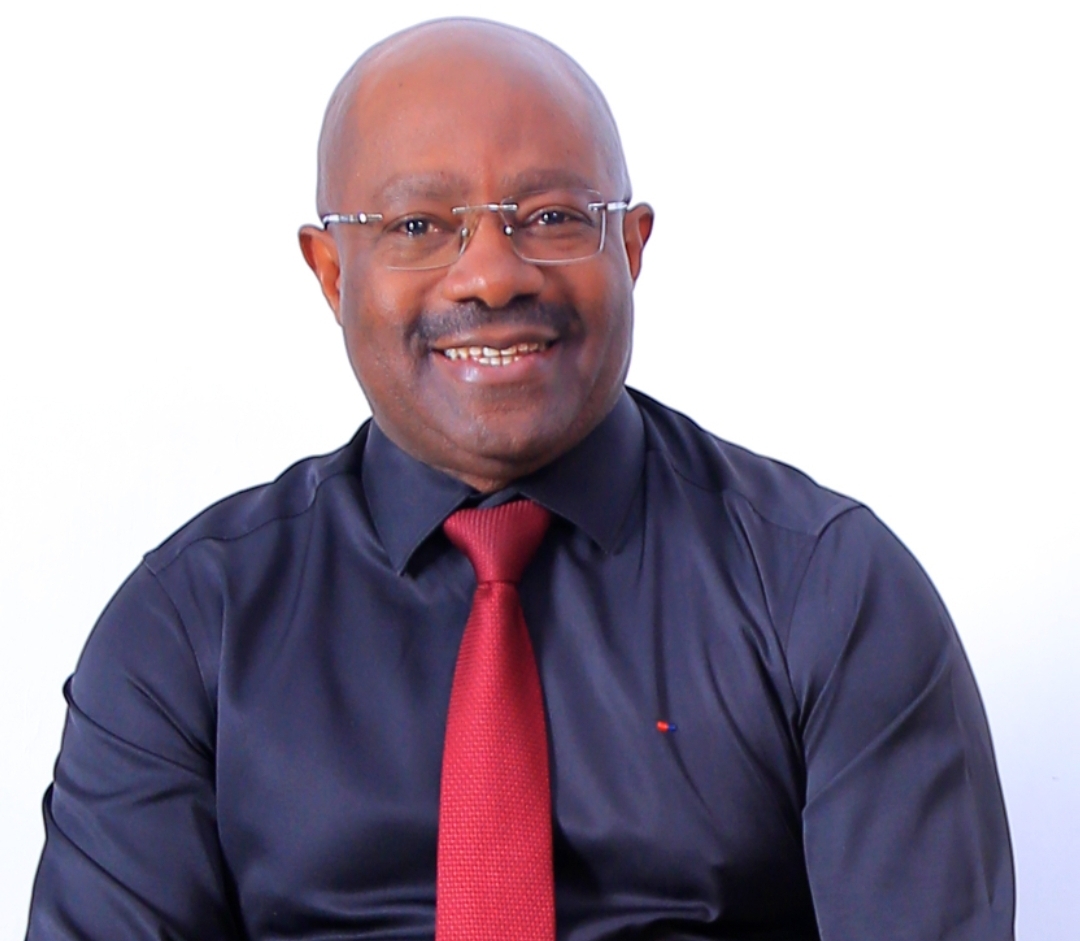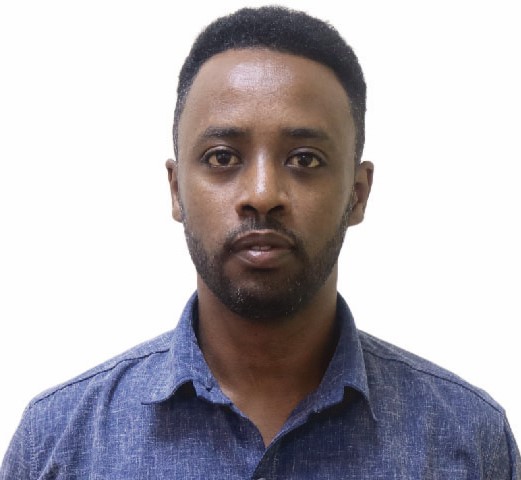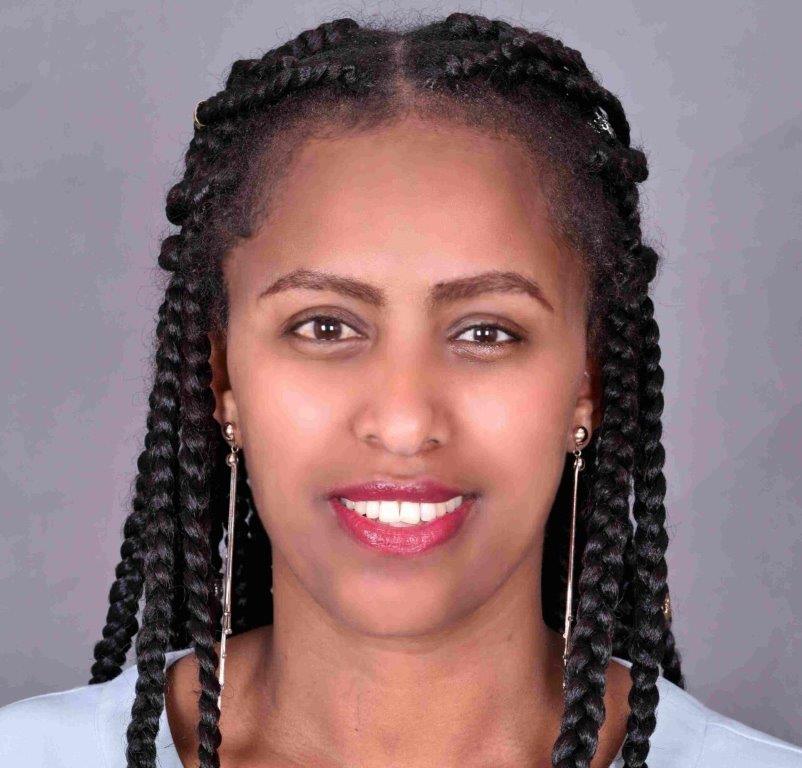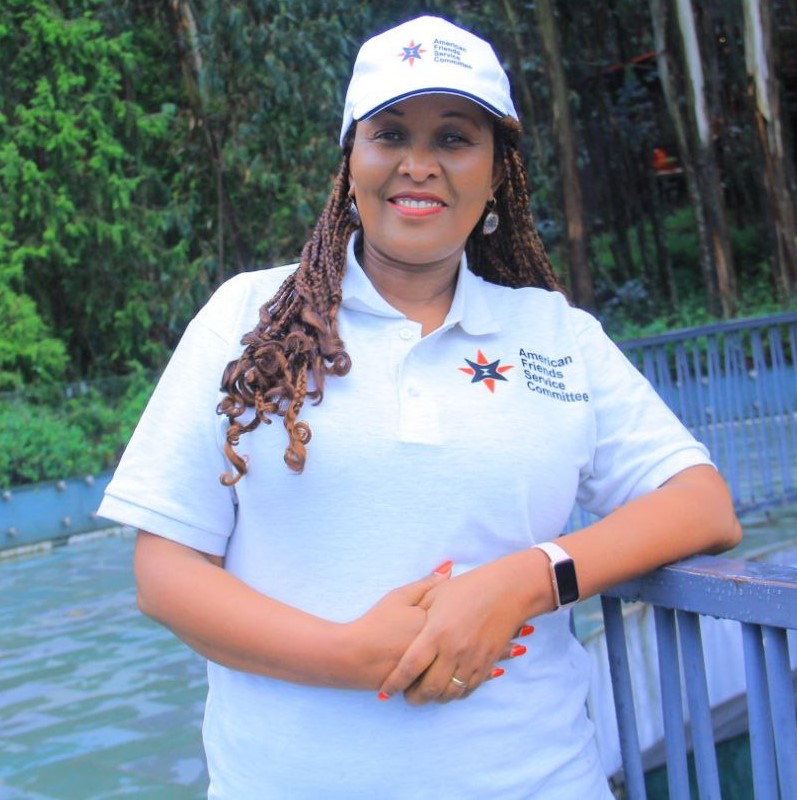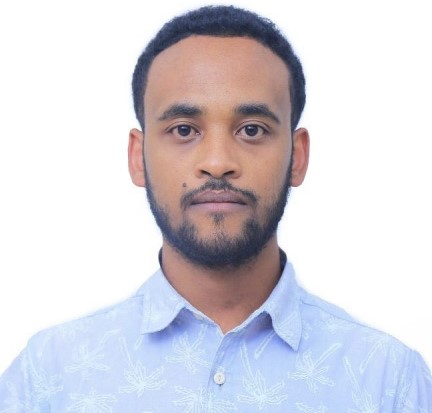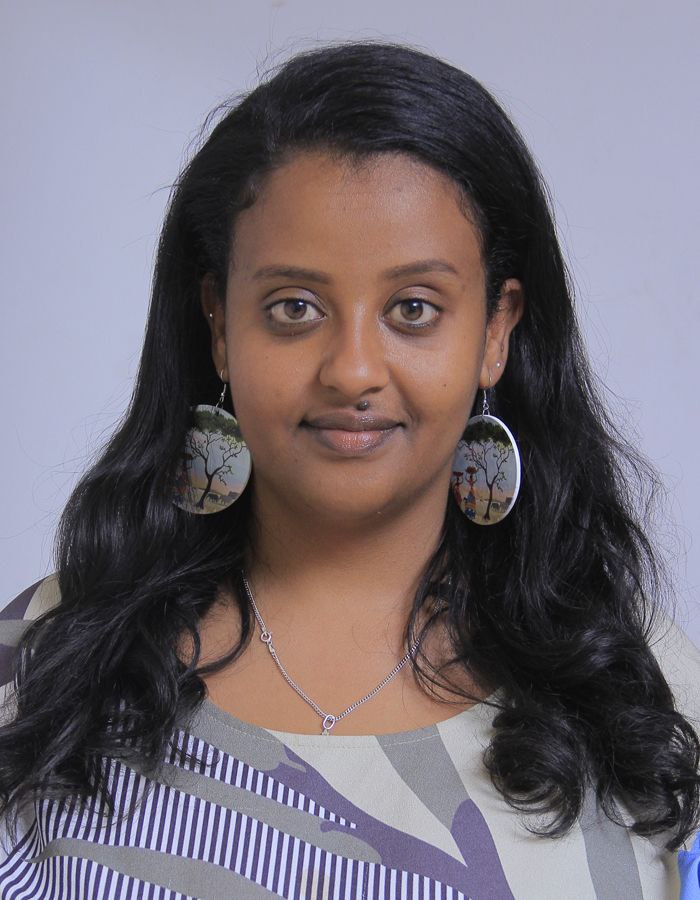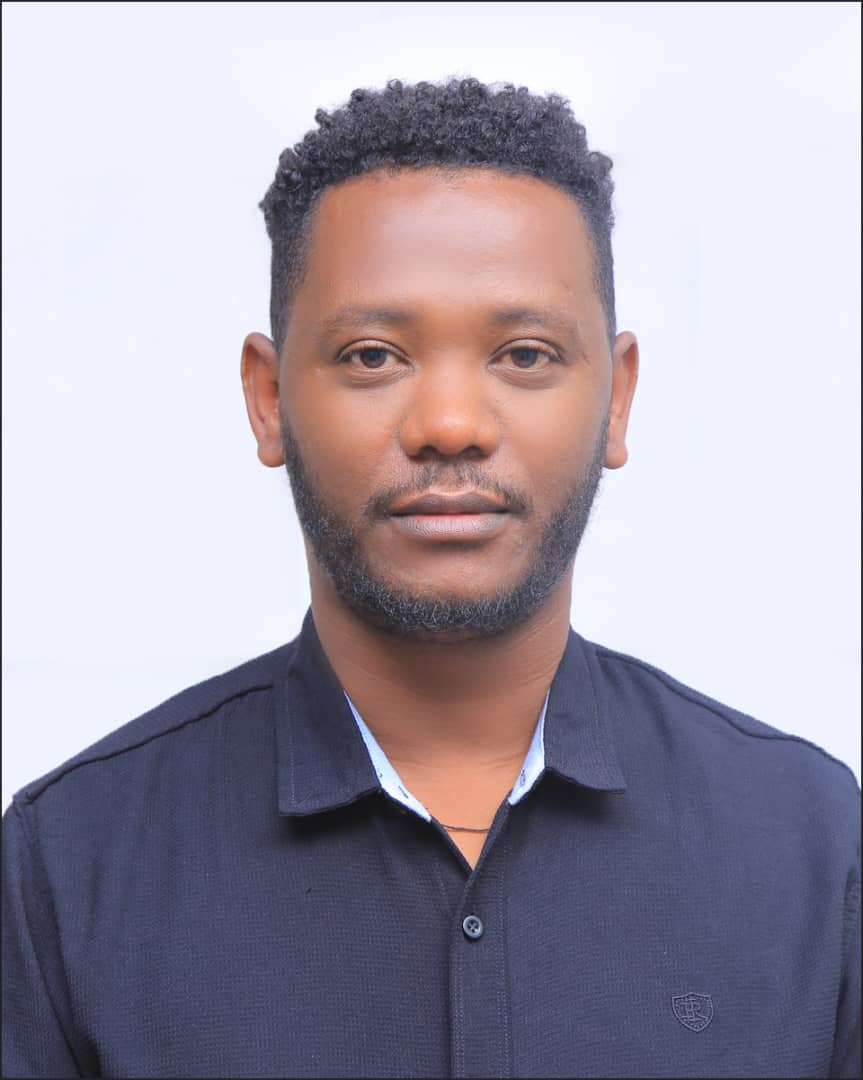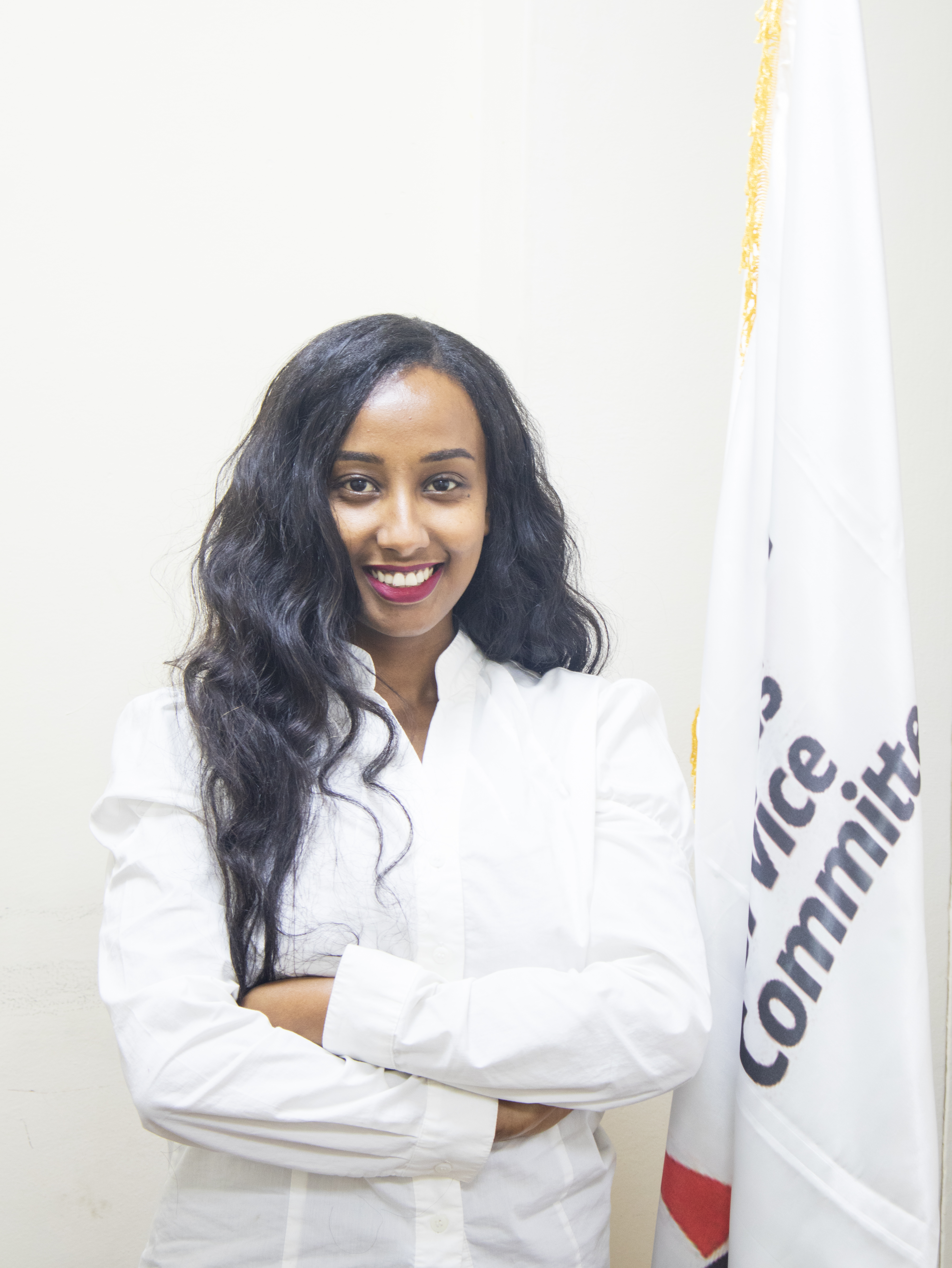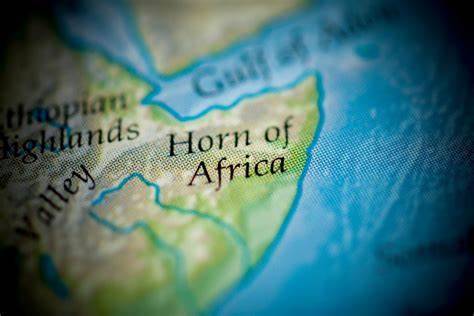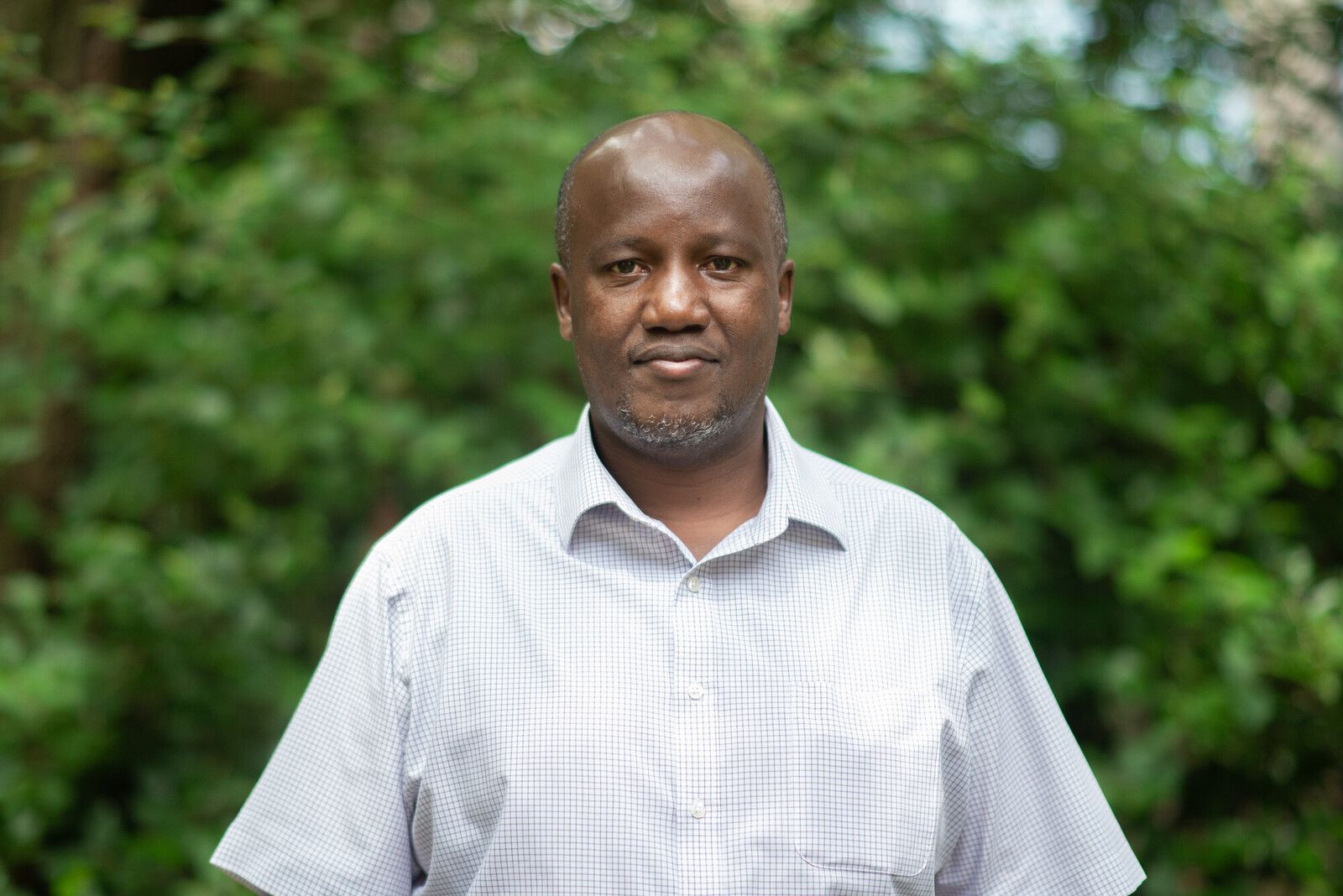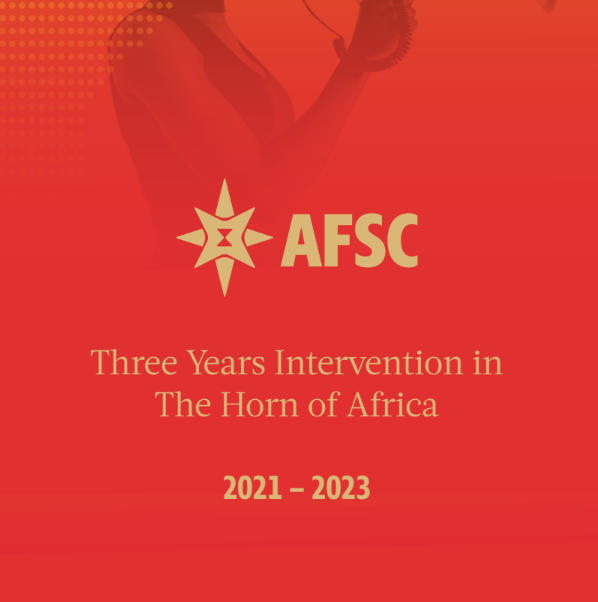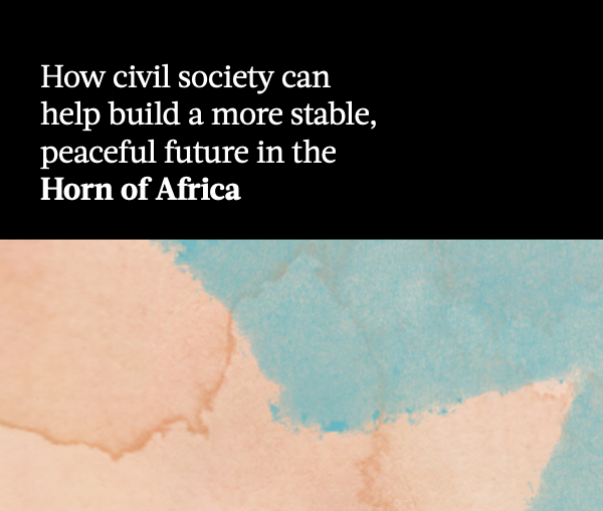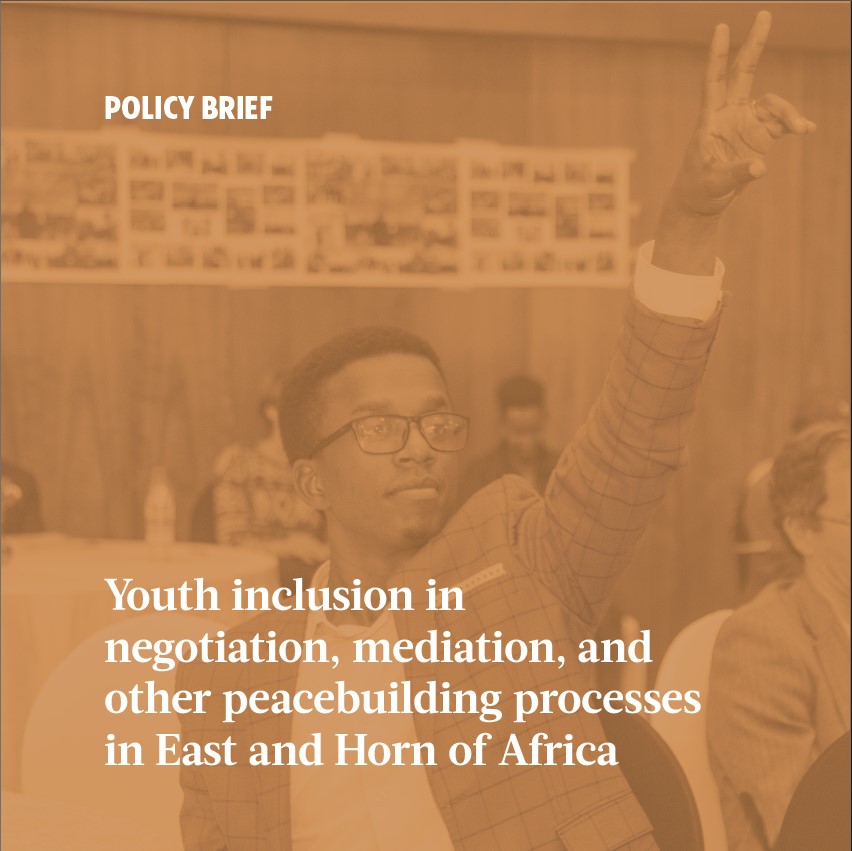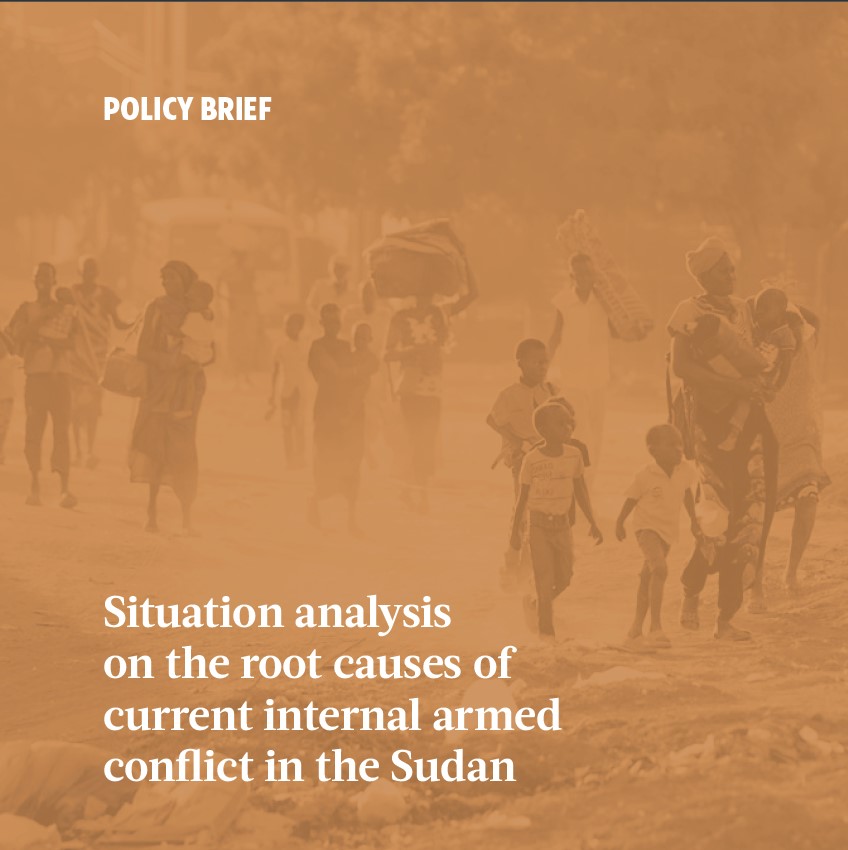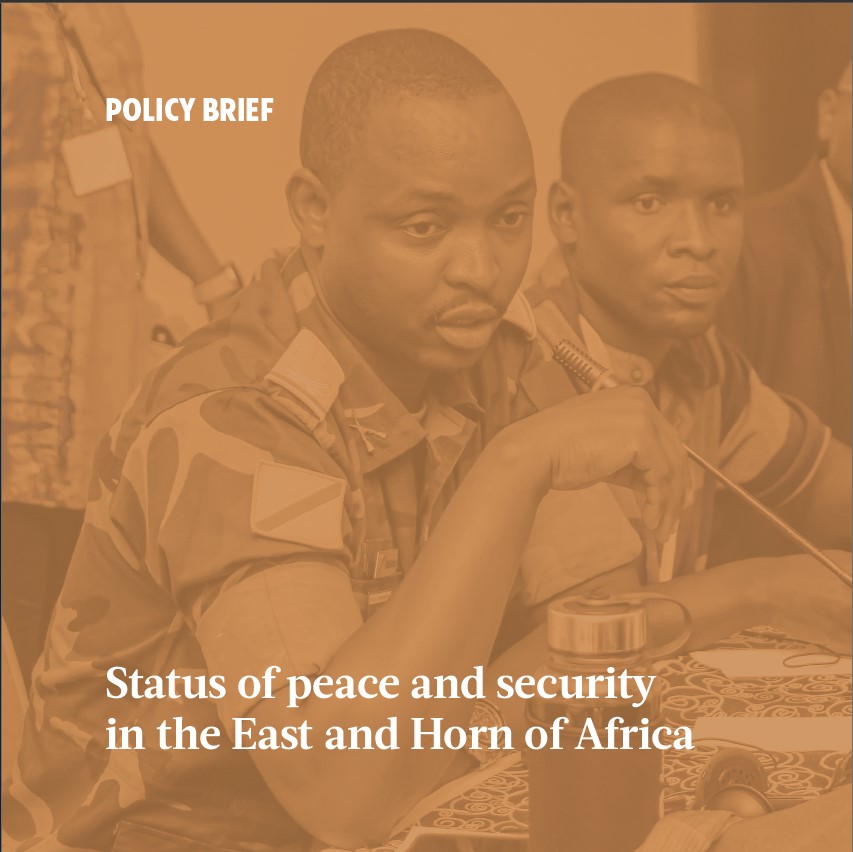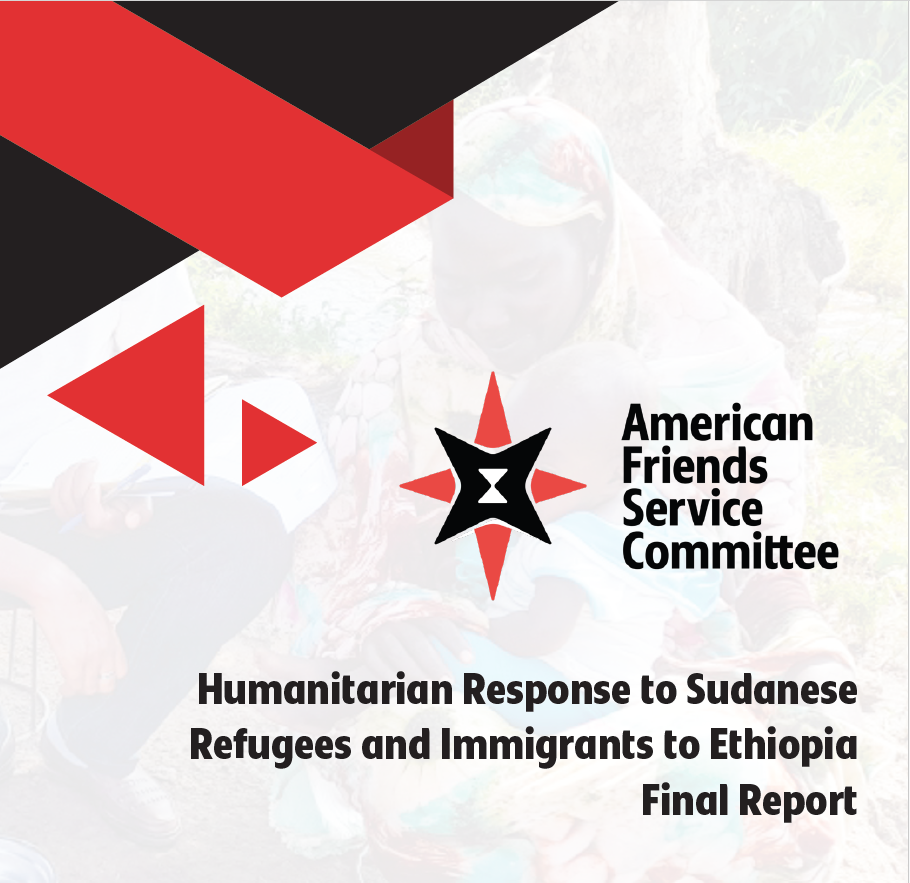AFSC’s Salama Hub, established in 2021, is a research and advocacy hub focused on promoting peace and stability in the Horn of Africa.
POLICY INFLUENCING INTERVENTIONS:
We collaborate with civil society organizations, think tanks, faith leaders, activists, and others across Ethiopia, Kenya, Somalia, Sudan, South Sudan, Uganda, Eritrea, and Djibouti. Our strategic partners include the All Africa Conference of Churches and Brot für die Welt.
The Salama Hub works to strengthen the capacity of civil society organizations (CSO) and faith-based organizations (FBOs) in the region to organize and influence policies on the local, regional, national, and global levels. We equip CSOs and FBOs with tools and knowledge on conflict transformation and advocacy. Together, we engage with the African Union, European Union, U.S. government, and others to influence sociopolitical dynamics and policies through evidence-based advocacy. The program also contributes to creating advocacy platforms and alliances for peacebuilding organizations.
Research is at the heart of the Salama Hub program. We commission African researchers to gather evidence and perspectives that are grounded in communities. This research forms the basis of our advocacy for nonviolent approaches to conflict as well as policies to bring peace and stability to the Horn of Africa.
COMMUNITY PEACEBUILDING INTERVENTIONS:
The Salama Hub Program also undertakes interventions in Ethiopia to nurture and sustain country-level interventions to increase the involvement of the wider community constituencies in sustainable peacebuilding. Given some similar context dynamics in South Sudan and Ethiopia following their border relations, the AFSC programs in South Sudan and Ethiopia have thus developed and started a cross-border project that addresses the complexities of conflict and trauma in the two countries. The communities have endured years of conflict, violence, and displacement, which shows that achieving peace and stability requires a holistic, community-based approach that integrates trauma healing, transitional justice, and psychosocial support. The trauma inflicted on these populations—particularly women, youth, minority groups, and persons with disabilities—runs deep, affecting not only individuals but entire communities for generations. A community-based approach to trauma healing and reconciliation allows various stakeholders like local leaders, governmental institutions, regional bodies, CSOs, and FBOs to take the lead in designing culturally relevant interventions that engage survivors in familiar and supportive environments. By creating spaces where individuals can process their pain collectively, communities rebuild trust and resilience which also encourages survivors to confront and speak out about their experiences, fostering an atmosphere where the injustices of the past are openly acknowledged and attended to without being hidden as previously.
Transitional Justice remains a key pathway to preventing relapse into conflicts with the establishment of transitional justice mechanisms. This process uplifts victims, witnesses, and alleged perpetrators and strengthens accountability. AFSC’s transitional justice interventions build on the research undertaken by the Salama Hub Program on Transitional Justice Mechanisms in the Horn of Africa (2024), and on the African Union Transitional Policy (2019). All Transitional Justice efforts will be focused on the following pillars: Peace Processes; Transitional Justice Commissions; The African Traditional Justice Mechanisms; Reconciliation and Social Cohesion; Reparations; Redistributive (Socio-Economic) Justice; Memorialization; Diversity Management; and Justice and Accountability, all inspired from the African Union TJ Policy.
